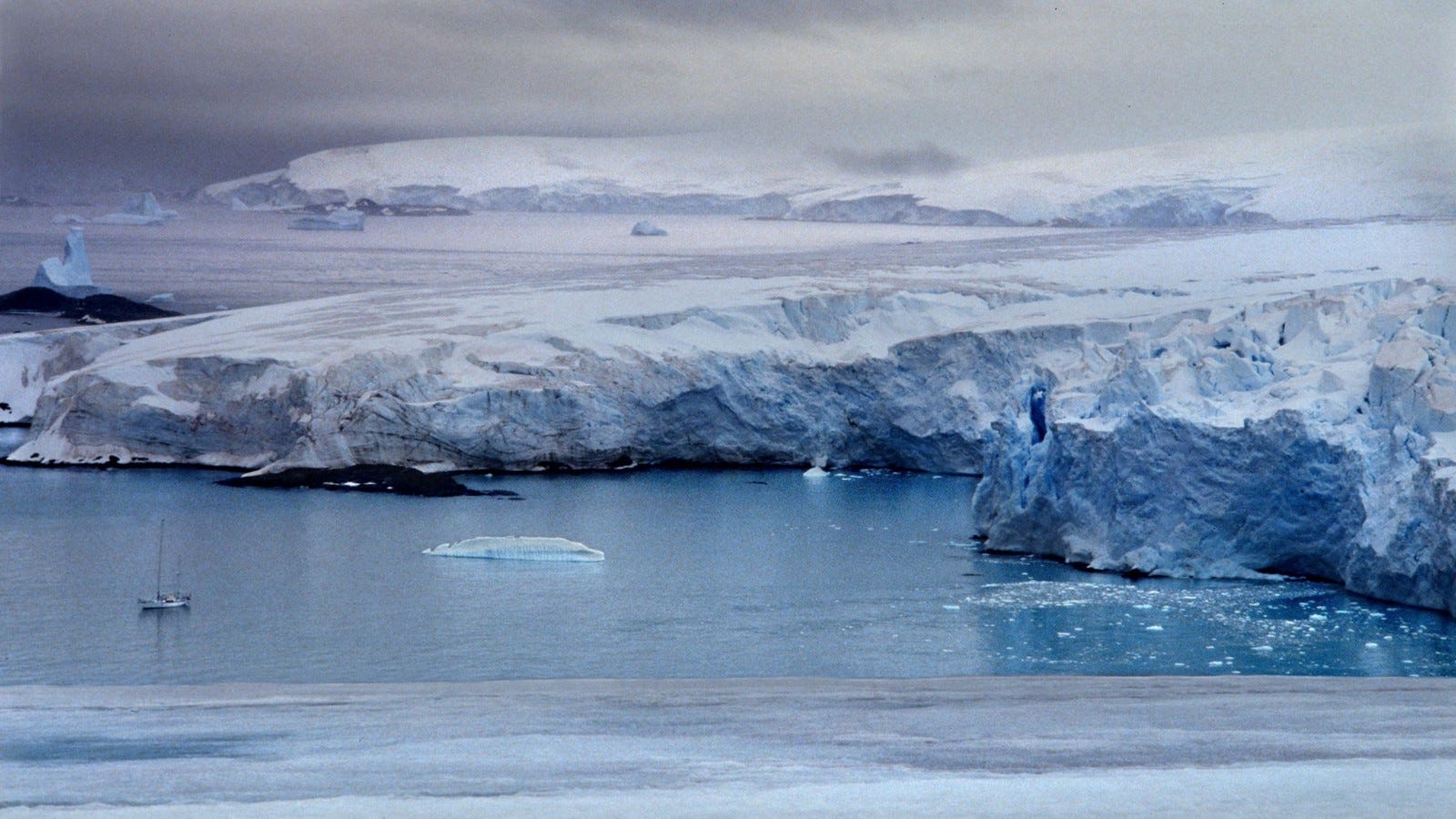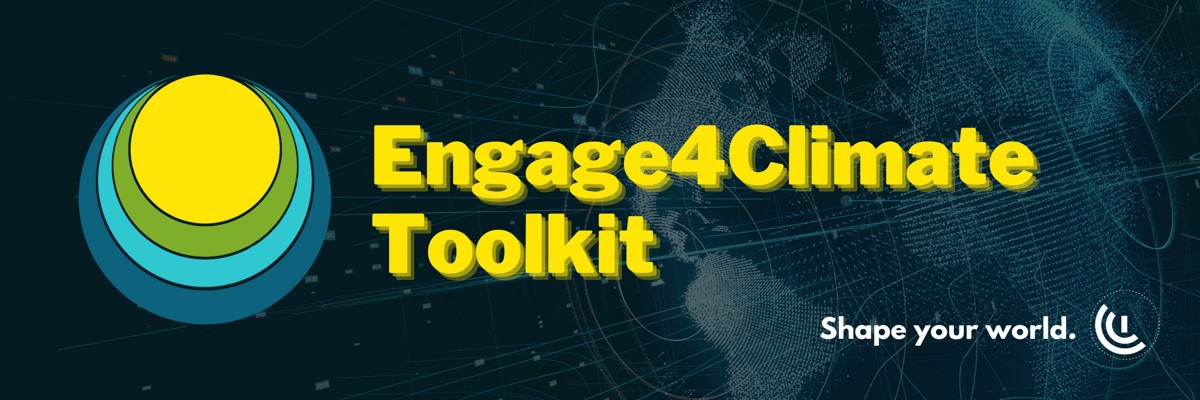Why climate is hard to talk about
In 1992, after nearly 100 years of scientific inquiry and findings, the world came together with an agreed mission to “prevent dangerous anthropogenic interference with Earth’s climate system”. 30 years later, we are experiencing that dangerous climate disruption, costs are piling up, food security is at risk, and many people find it hard to talk in a constructive way about what we need to do, right now, today.
The problem is:
Climate change is happening; it’s already creating enormous danger and cost, and it’s getting worse.

In March, Working Group III of the Intergovernmental Panel on Climate Change (IPCC) issued its report on Mitigation of Climate Change.
The report is the work of 278 authors from 65 countries, plus 354 contributing authors, building on over 18,000 cited references and addressing a total of 59,212 expert and government review comments.
Like the reports of Working Groups I and II, it was formally endorsed as the global scientific consensus by nearly 200 nations.
It found action to prevent dangerous climate change is nowhere near sufficient to avoid catastrophic and irreversible impacts.
United Nations Secretary-General Antonio Guterres warned that the report is evidence of “broken climate promises” and a “yawning gap between climate pledges, and reality.”
He characterized the report from Working Group I on the Physical Science as “a red alert for humanity.”
He described the report from Working Group II on Impacts, Adaptation, and Vulnerability as “an atlas of human suffering and a damning indictment of failed climate leadership.”
We have a lot more work to do, to bring the pace of climate action in line with the urgency of the worsening crisis.
The obligation to move mountains
It is always hard to have conversations about obligations—especially when those obligations have game-changing consequences. Whether we have hope of a livable everyday existence will be determined by how, and how effectively, we act on all fronts to avert climate breakdown.
It is still more difficult to talk about existential threats when those who need to act on our behalf, and who hold substantial powers of public office, are not doing what ethics and common sense would demand. How do we move an immovable object?

For a lot of people, talking about climate change feels like talking about how to move mountains. And that makes sense, in a way, because the climate normally evolves along geological timelines. It is our activity that has created this warp-speed climate change, which brings us back to the problem of talking about obligations.
Outdated misconceptions continue to drive misplaced commitment to the status quo. The long wait for a catalytic “mindset shift” now leaves us watching widespread harvest collapse on top of food supply disruptions created by a terrorist war perpetrated by a petro-dictatorship that profits from destruction of the biosphere.
Then there is the vastness of it. When we are facing crisis-level situations in other areas like hunger, health, and cost-of-living, it can feel like something as big as climate change will sideline the best responses. In fact, the best responses in most areas—especially food, health, and cost—likely have some link back to informed climate-related planning and action. To the individual, all of this can easily become overwhelming, elusive, and disempowering.
Empowering conversations are essential.
To talk about climate in a way that works, we need to focus on empowerment—of individuals, communities, industries, and nations. Yes, climate-related investment is booming, but still as a thin slice of the overall economy. We need all finance to center, mainstream, and chase the high-value opportunity inherent in scalable climate solutions.
It is techincally feasible to solve climate change.
The Speed and Scale effort lays out policy, investment, and technical solutions under 10 areas of action.
The International Energy Agency lays out clear pathways for the global energy sector to reduce emissions to net zero by 2050.
The Glasgow Financial Alliance for Net Zero has committed to align $130 trillion with science-based net-zero targets.
Part of the agreed framework for averting climate emergency is detailed, investable international cooperation to accelerate action.
Economically efficient, upstream carbon fees that pay climate income to households can drive economy-wide change.
Every community can act on climate—that includes dispersed village communities of smallholder farmers as well as dense and diverse neighborhoods within major metropolitan areas. Engaged and informed civic processes can allow people to adjust local planning, policy, and investment, to the climate conditions they are facing now and will face in the future.
Consultation with citizens and stakeholders can allow not only municipalities and national governments, but also industry and investors, to better understand how to mobilize solutions ambitiously, coherently, and quickly. More engagement can be an accelerator of climate action.
Durable climate response needs roots.
Finding the piece of that puzzle that connects to local and personal experience can be the focus of some of the most empowered climate conversations:
What values motivate you to protect what might be lost?
What do you savor about the natural environment around you, or in the everyday experience of your community?
What shared vision of a livable future would give your community the best quality of life?
These questions are not only local, but personal. Conversations around them can generate many divergent perspectives, but a focus on local and personal experience can make sure values, livability, and common sense, are central to the planning process.

A hillside community does not build in the same way as a city that faces seasonal or shock flooding from a major river. Durable climate response needs to have roots in our everyday experience, because everyday experience is where we will be vulnerable, and everyday experience is how we will consolidate a climate-smart future.
If you want to formalize local future visioning conversations, use the Engage4Climate Toolkit. Or just review it to think through how an everyday conversation can come back to values, solutions, and experience.
At Citizens’ Climate International, we believe everyone’s chances of success are enhanced when the design of our world is shaped by the needs and aspirations of all people. That’s why we work to empower citizen volunteers to build political will for a livable world.



